The love of liberty is the love of others; the love of power is the love of ourselves
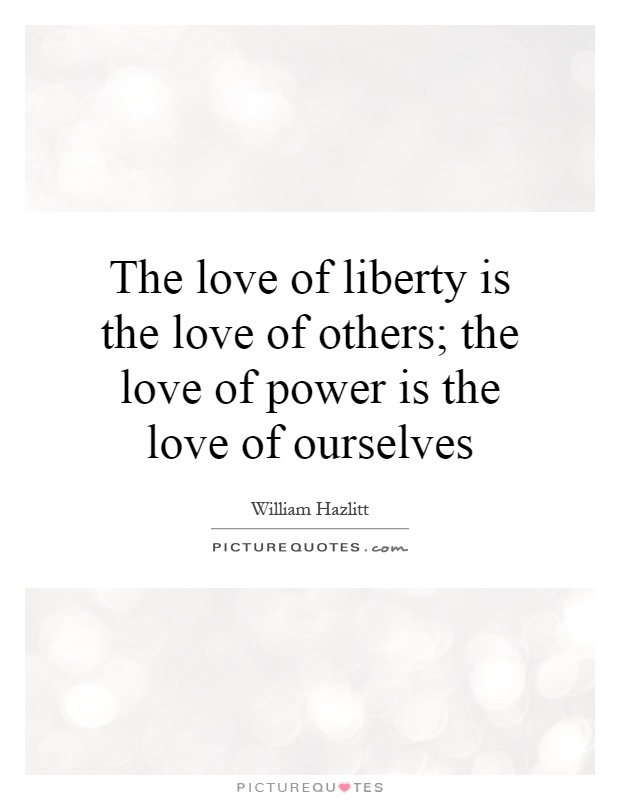
The love of liberty is the love of others; the love of power is the love of ourselves
William Hazlitt, a renowned English writer and philosopher, once said, "The love of liberty is the love of others; the love of power is the love of ourselves." This profound statement encapsulates the essence of Hazlitt's beliefs about human nature and the dynamics of society.Hazlitt believed that true liberty is not just about individual freedom, but also about the collective well-being of society. The love of liberty, according to Hazlitt, is rooted in a deep sense of empathy and compassion for others. It is about recognizing and respecting the rights and freedoms of all individuals, not just one's own. In essence, the love of liberty is about valuing the dignity and autonomy of every human being, and working towards a society where everyone can thrive and flourish.
On the other hand, Hazlitt also understood the darker side of human nature - the love of power. The love of power, according to Hazlitt, is driven by selfishness and egoism. It is about seeking dominance and control over others, often at the expense of their freedom and well-being. The love of power is a destructive force that can lead to oppression, exploitation, and injustice. It is a manifestation of our most base instincts, driven by a desire for superiority and supremacy.
Hazlitt's words remind us that the choices we make in life - whether to prioritize the love of liberty or the love of power - have profound implications for ourselves and for society as a whole. When we choose to love liberty, we are choosing to embrace our shared humanity and work towards a more just and equitable world. When we choose to love power, we are succumbing to our own selfish desires and perpetuating a cycle of inequality and injustice.

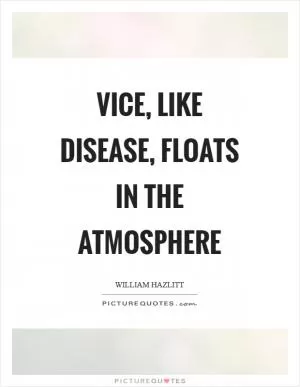
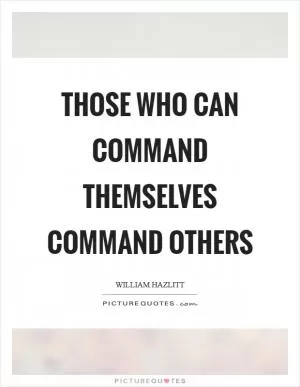

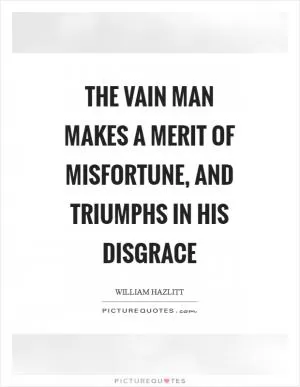
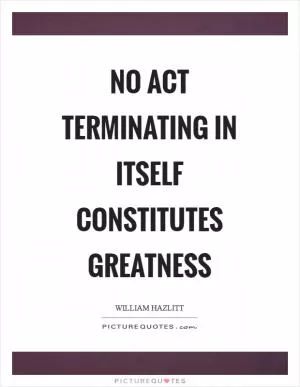
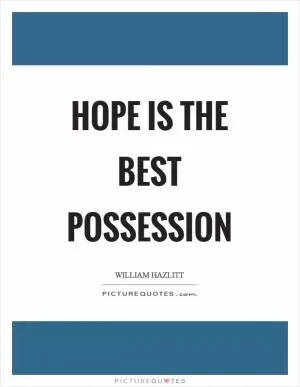
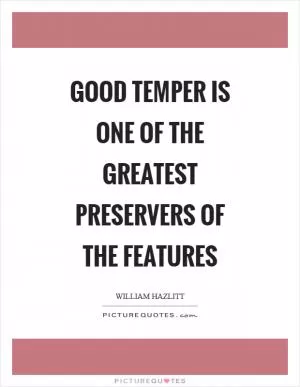
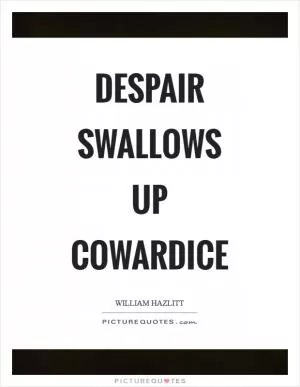
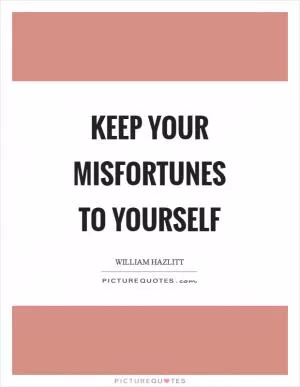
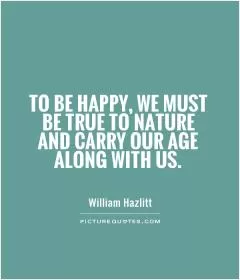
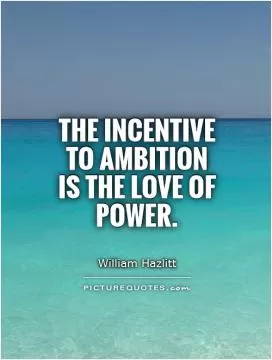
 Friendship Quotes
Friendship Quotes Love Quotes
Love Quotes Life Quotes
Life Quotes Funny Quotes
Funny Quotes Motivational Quotes
Motivational Quotes Inspirational Quotes
Inspirational Quotes